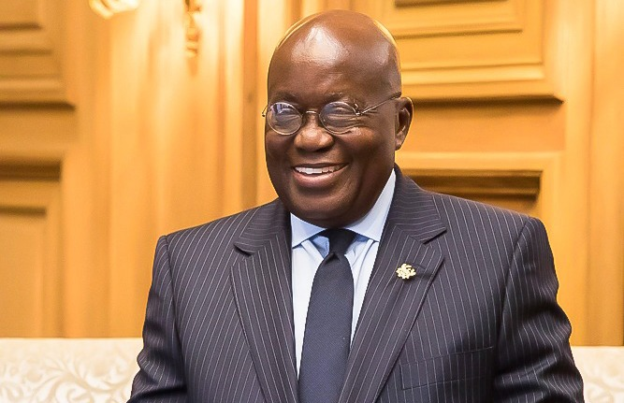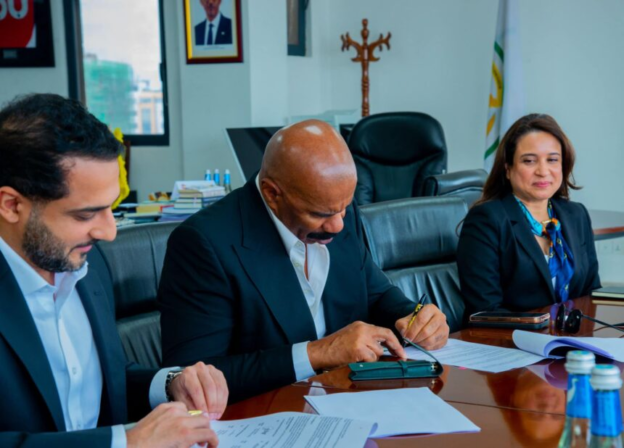As Senegal steps out of France's shadow, it's not just redefining its foreign policy - it's redefining itself. And in the process, it might just be rewriting the playbook for post-colonial relations in Africa. Perhaps it may even inspire other African nations to reassess their relationships with former colonial powers.<\/p>\n\n\n\n
So grab your popcorn, folks. This geopolitical drama is just getting started, and trust us, you won't want to miss a single episode. The future of West Africa is being written right before our eyes, and it's shaping up to be one heck of a story.<\/p>\n","post_title":"Senegal's President Asks For Closure Of All French Military Bases","post_excerpt":"","post_status":"publish","comment_status":"open","ping_status":"open","post_password":"","post_name":"senegal-closure-of-all-french-military-base","to_ping":"","pinged":"","post_modified":"2024-12-11 03:43:44","post_modified_gmt":"2024-12-11 03:43:44","post_content_filtered":"","post_parent":0,"guid":"https:\/\/africanvibes.com\/?p=415060","menu_order":0,"post_type":"post","post_mime_type":"","comment_count":"0","filter":"raw"}],"next":false,"prev":false,"total_page":1},"paged":1,"column_class":"jeg_col_2o3","class":"epic_block_3"};






